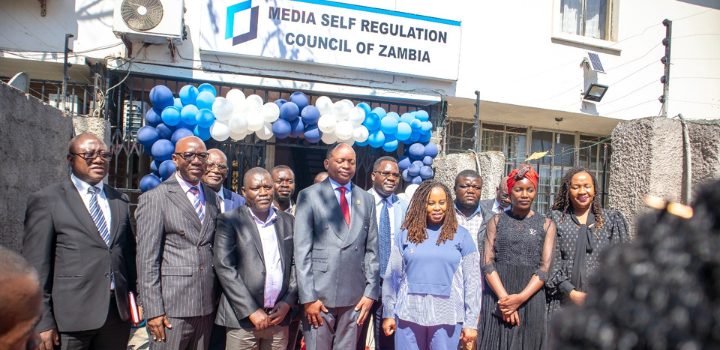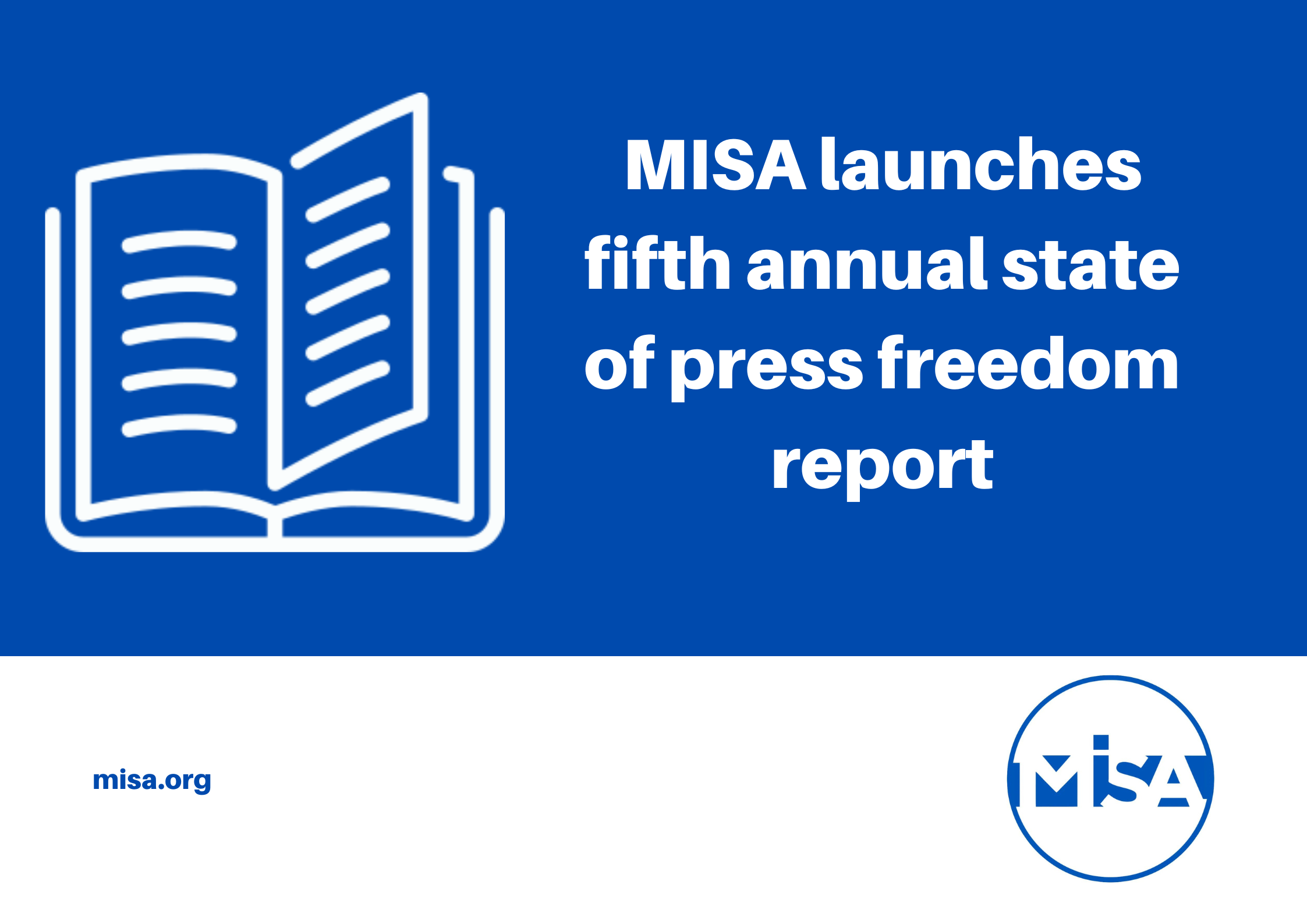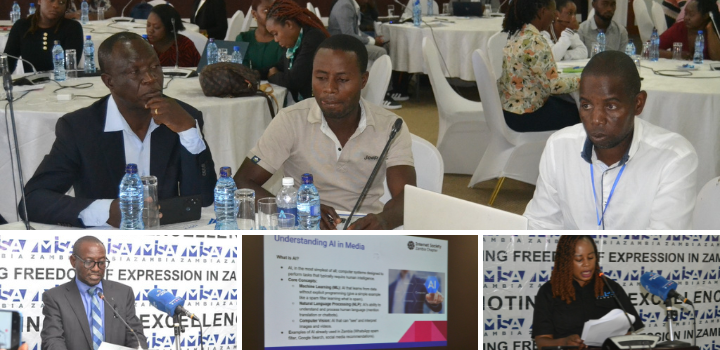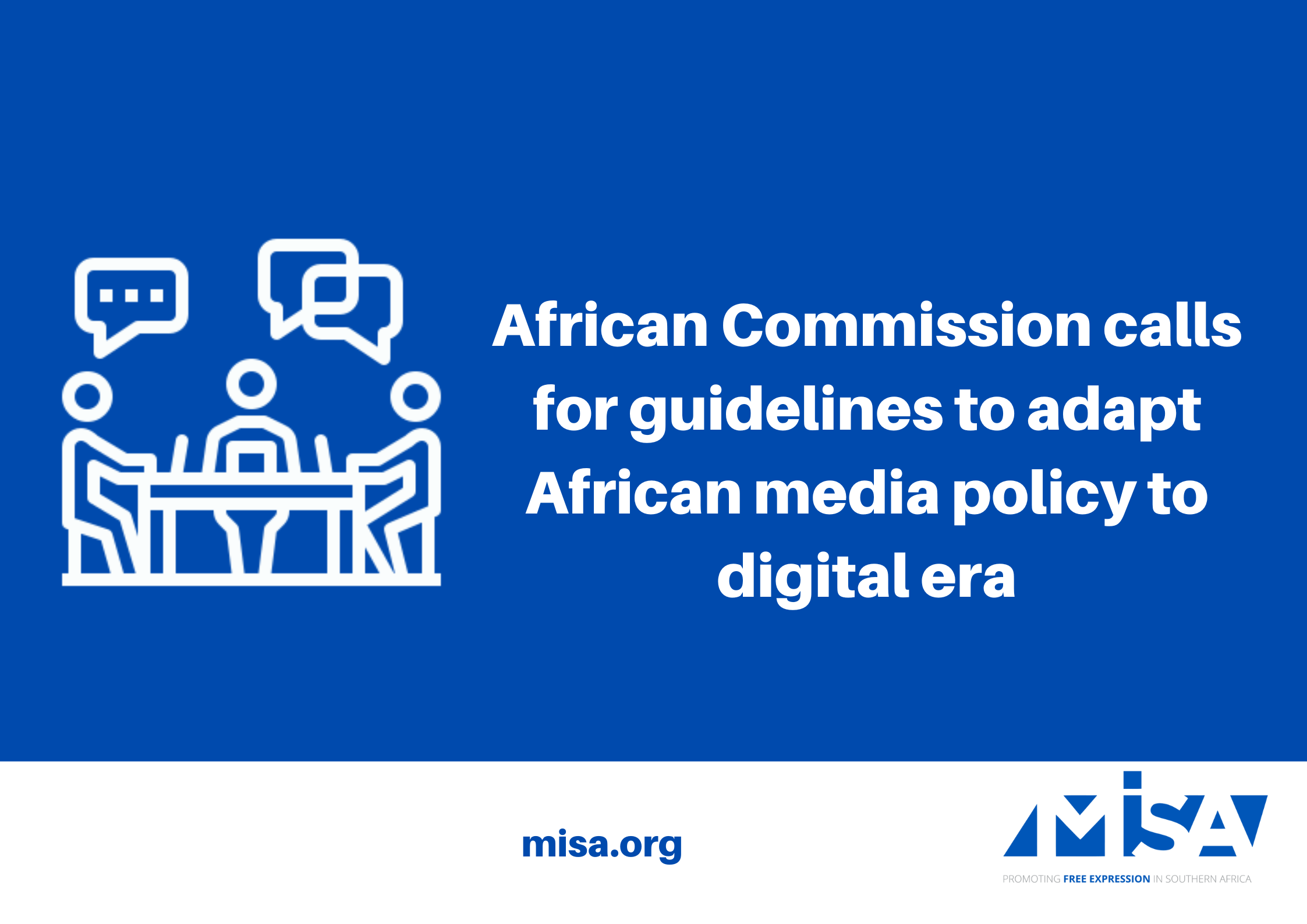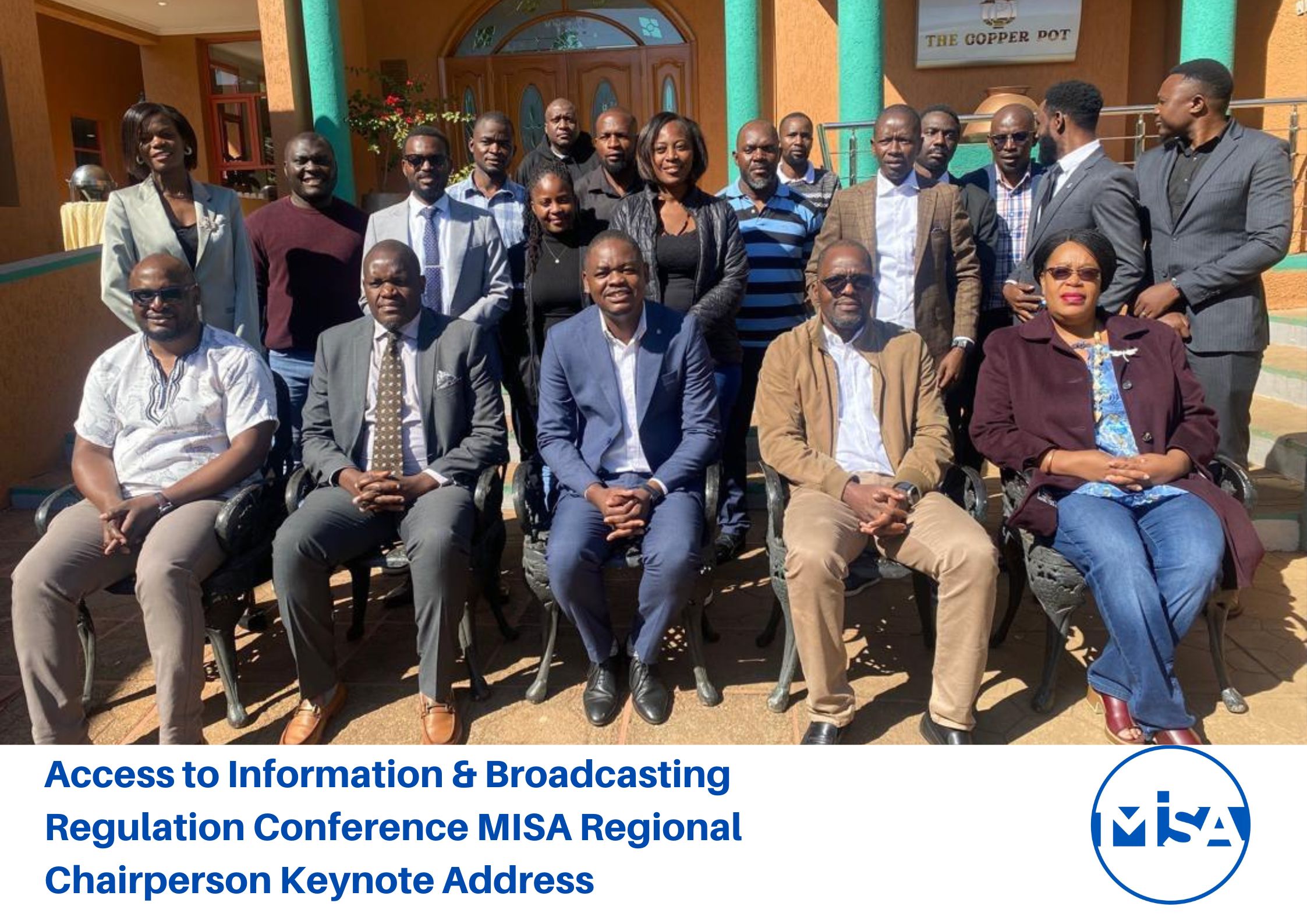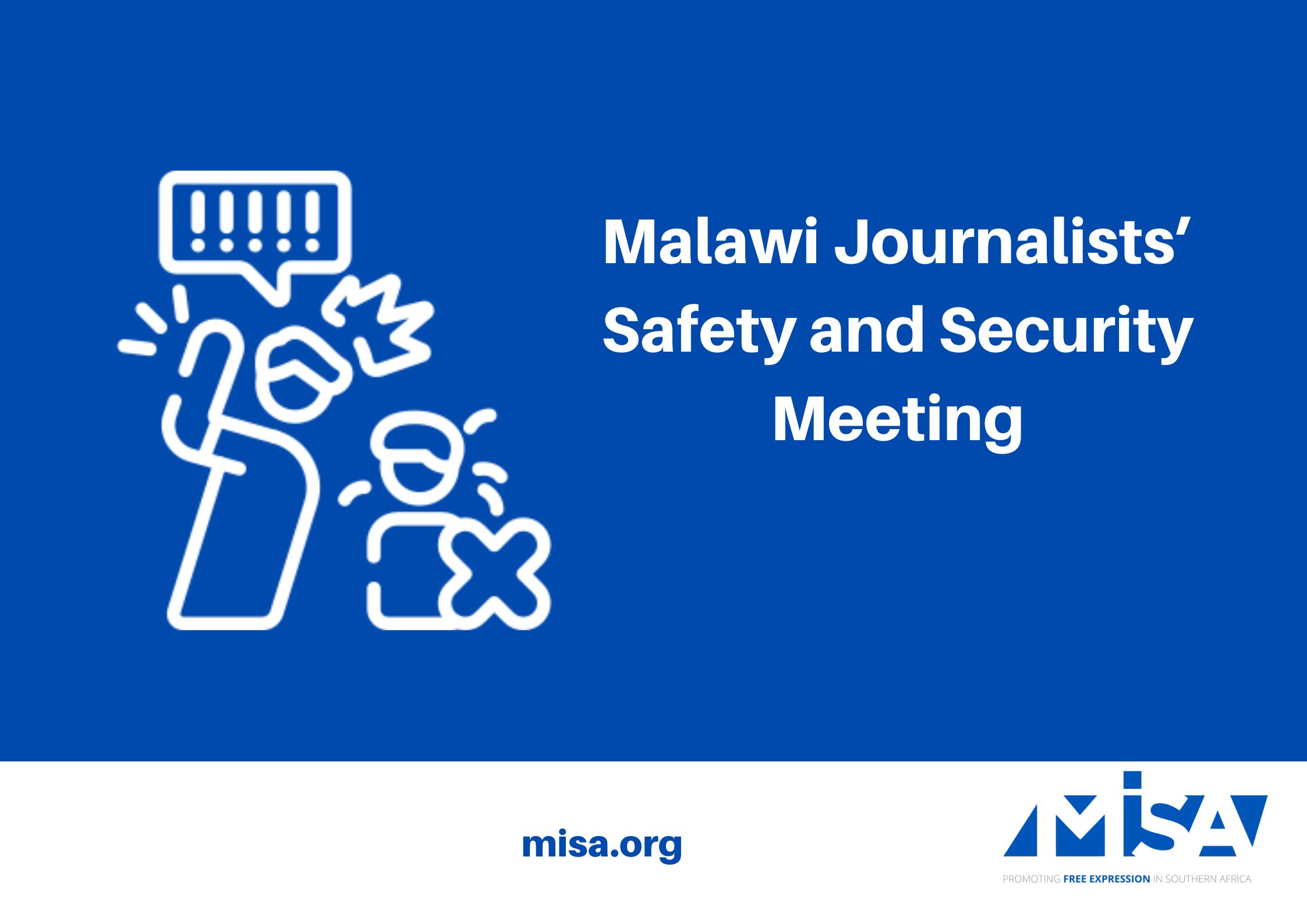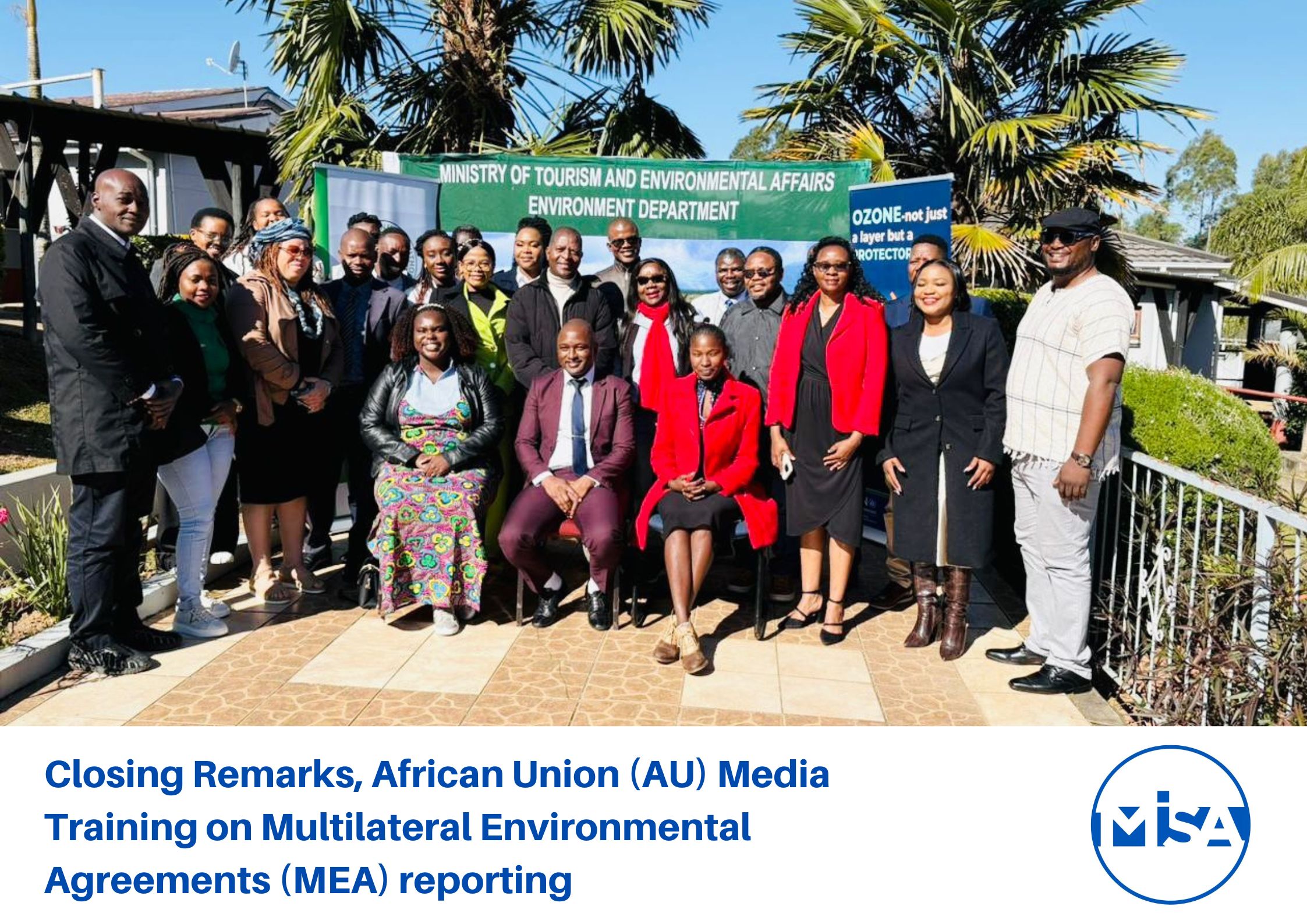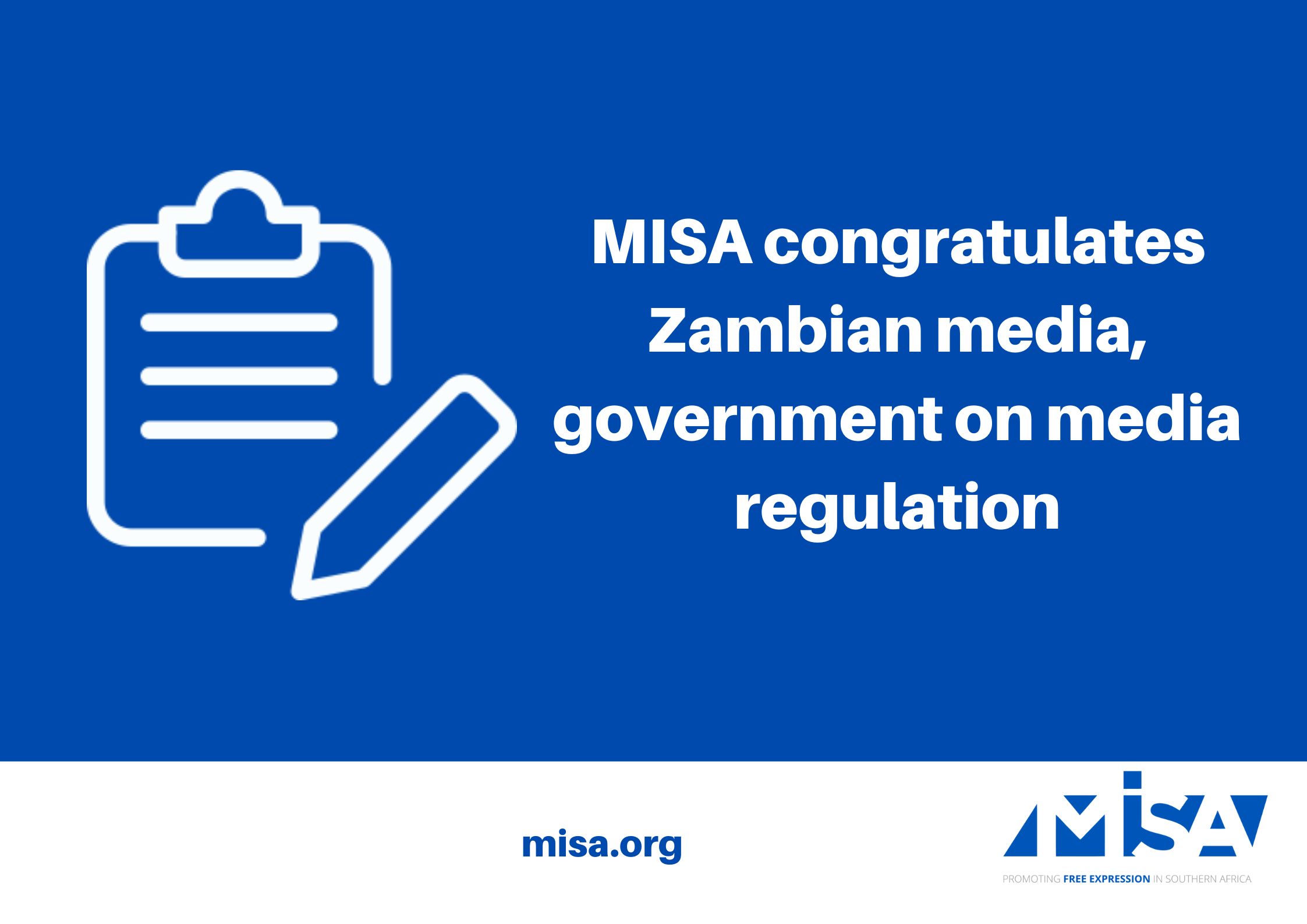Under new security measures proclaimed by Zambia’s President in July, police can ban material deemed threatening to public safety. This is an attack on freedom of expression.
Speaking last month, President Edgar Lungu said the threatened state of emergency was necessary to give police greater powers to deal with a string of arson attacks.
Under the enhanced security measures, police now are able to ban public meetings, impose curfews and restrict movements, among other powers.
Importantly for freedom of expression, police are also able to prohibit the publication and dissemination of matters prejudicial to public safety.
This means that Zambia’s people and media houses are no longer free to express their opinions on matters affecting the country, as is guaranteed in Article 20(1) of the country’s constitution.
“Except with his own consent, a person shall not be hindered in Protection of the enjoyment of his freedom of expression, that is to say, freedom to hold opinions without interference, freedom to receive ideas and information without interference, freedom to impart and communicate ideas and information without interference, whether the communication be to the public generally or to any person or class of persons, and freedom from interference with his correspondence.”
The media has already documented several cases where the enhanced security measures are being used. According to an article published by The Mast on July 16, 2017 the Inspector General of Police Kakoma Kanganja, hinted that some publications will be closed down during the period of a threated state of public emergency.
The Daily Nation newspaper reported on August 1, 2017 that a student from DMI St Eugene University appeared in court for defaming President Lungu on his Facebook page. It is alleged that Edward Roy Makayi on May 4, 2017 defamed President Lungu by calling on him to release UPND leader Hakainde Hichilema from prison so that he could exercise his conjugal rights as it was the cold season.
 All Zambians should care the potential for the threatened state of emergency to restrict freedom of expression. Freedom of expression constitutes the foundation stone of every free and democratic society. It provides the vehicle for the exchange and development of opinions and democratic society and provides the vehicle for the exchange and development of opinions.
All Zambians should care the potential for the threatened state of emergency to restrict freedom of expression. Freedom of expression constitutes the foundation stone of every free and democratic society. It provides the vehicle for the exchange and development of opinions and democratic society and provides the vehicle for the exchange and development of opinions.





